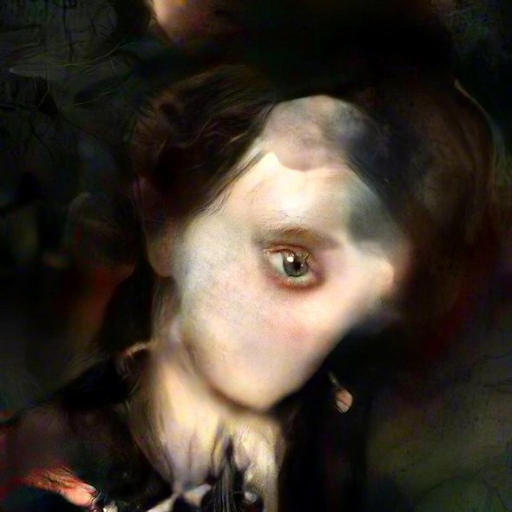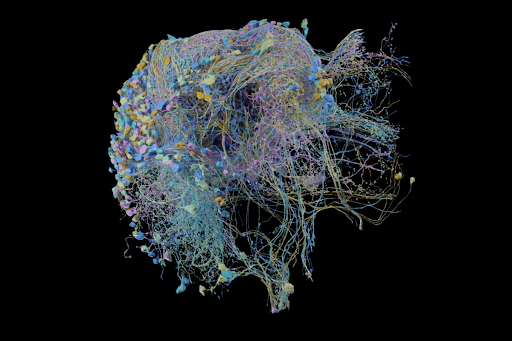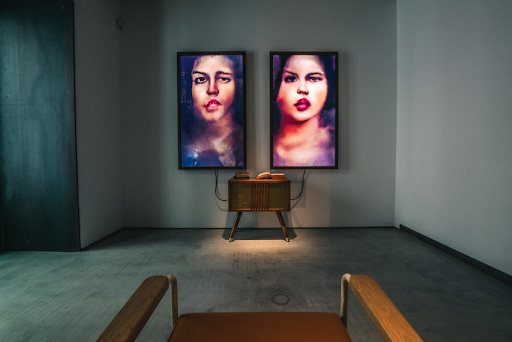It’s a well known phenomenon that the future of technology will shape our lives, but how will AI affect the next generation’s jobs? Already, we are hearing the terms ‘driverless cars’ and ‘robotic surgery’ being bandied about and understand that there are many jobs that in the future will be carried out by technology, but up until now we have assumed that creative careers such as artists, poets, and composers were safe from the hands of machinery. The one thing robots lack is emotion and creativity. Or do they?
What is creativity? It is an intangible force that inspires and moves. For some, it can be simply defined as finding a solution to a problem. However for others it concerns novel and improbable combinations of familiar themes, transcending traditional ways of thinking or acting and developing original ideas. Creativity’s existence relies on external influence and feeds off past stimuli. If AI reached a point where it could hold enough data to be “influenced” by the same things that a human brain can be influenced by, could a piece of technology be programmed to produce creative results?
In a recent exhibition by German artist Mario Klingemann, he used a selection of paintings created by humans, fed to a computer which then takes combinations of these images and reimagines them — essentially creating new paintings. These images are the product of infinitely different variations and therefore, in terms of probability, are relatively unique.


Aristotle, the hellenistic philosopher, is credited with saying ‘No great mind has ever existed without a touch of madness’ and in response, Klingemann, within his art has added in a ‘neural glitch’ replicating that of a human brain, by randomly deleting sections of code or altering them. This is apparently obvious when you start to look at the images created. You are met with an eerie sense that you are looking at an artist’s interpretation of a figure but tainted with something ‘un-human’. There is a comforting aspect about the connection that you can make with an artist through their work, something quintessentially human which Klingeman’s robots lack.
Even so, if AI can only create something given the pre-existing information and media, would there ever be enough storage capacity to replicate that of a human? In the cerebral cortex alone, there are roughly the same number of synapses as the number of stars in 1,500 Milky Way galaxies, according to Science Daily. To attempt to replicate the complexity of the human brain would be a near impossible task. There is not enough storage in the world to hold just one human consciousness. It would instead have to replicate the results, but can true creative results even be achieved without the processes behind them? Can breakthroughs in ways of thinking be made by AI? Or, would it solely go in circles of recycled concepts? If creativity in AI were ever to imitate the process behind it in humans, it would take huge developments in technology and storage capacity as well as the mapping of the brain, which, by itself may still take decades.
Nevertheless, even if it were possible to hand over our paintbrushes to robots, would we ever want to? It is a fact of human history that we, as a species, have always wanted to create. From the first cave drawings to the newest media martyr: NFT’s. For hundreds of years creativity has been a release, an artistic output and for some, a therapy. So, even if AI did reach a point where it could match or even surpass our human creativity, it would never quell the outpouring of human made art. It could potentially become a sub-set of artistic media, such as the type Klingeman is beginning; nevertheless, for the foreseeable future creatives are here to stay.
By Annabel Smith and Lily Whitelock

